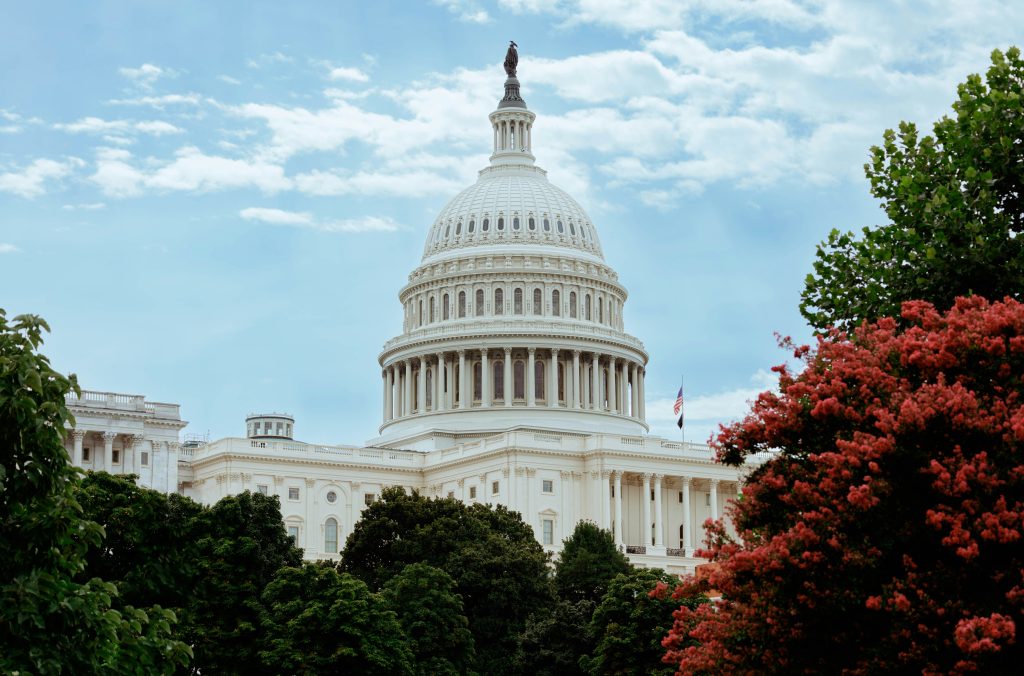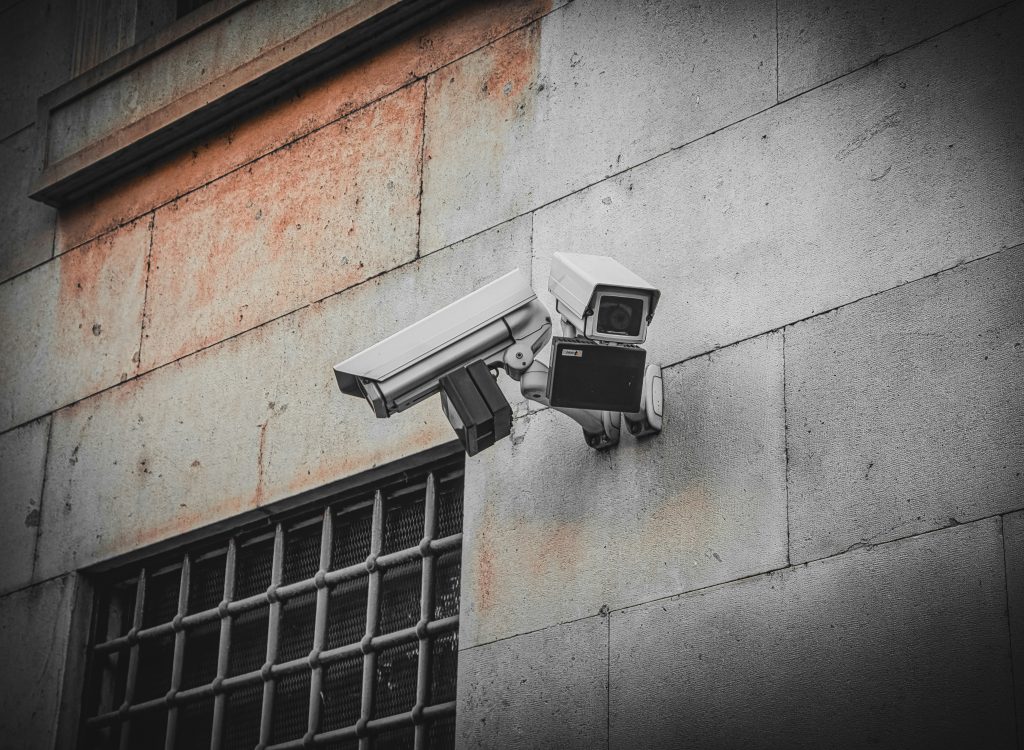UAW Files Labor Charges Against Trump and Musk Amid Controversial Interview
In a dramatic turn of events, the United Auto Workers (UAW) union has taken significant legal action by filing federal labor charges against former President Donald Trump and Tesla CEO Elon Musk. This move comes on the heels of a chaotic and technically troubled interview between the two prominent figures on Musk’s social media platform, X, previously known as Twitter. The interview, which drew considerable attention, was marred by technical glitches and disorganization, leading to a perplexing experience for viewers.
The UAW’s charges highlight ongoing tensions surrounding labor rights and the actions of influential business leaders. UAW President Shawn Fain criticized Trump, accusing him of being anti-labor, which resonates with the union’s efforts to protect workers’ rights in the automotive industry. The union’s actions against both Trump and Musk signal a growing unrest among labor organizations as they confront political figures who they believe undermine worker rights.
Over the past few days, X has faced significant backlash, with reports of reduced visibility for progressive voices, particularly those supporting Democratic presidential candidate Kamala Harris. The platform’s recent struggles have raised questions about its commitment to free speech and the implications of its policies on political discourse. This situation has been intensified by the high-profile interaction between Trump and Musk, as it brings into focus the intersection of technology, politics, and labor issues.
During the interview, Trump recounted details of his assassination attempt, a narrative that has sparked debate and concern among viewers. His promises of the largest deportation in U.S. history further fueled the contentious atmosphere surrounding the discussion. Meanwhile, Musk’s controversial views on various subjects, including international politics, have often drawn scrutiny, raising questions about his influence on public opinion through his platform.
As the UAW moves forward with its charges, the implications for both Musk and Trump could be significant. The legal challenges may serve as a catalyst for broader discussions about the responsibilities of business leaders in the political arena, particularly regarding labor rights and ethical governance. The unfolding saga between these two influential figures not only highlights the complexities of modern politics but also illustrates the potential consequences of their actions within the labor movement.
The recent events surrounding this interview and the subsequent labor charges underscore the need for accountability and transparency among those in power. As labor organizations continue to advocate for workers’ rights, the actions of individuals like Trump and Musk will undoubtedly remain in the spotlight, shaping the future of labor relations in the United States.
In conclusion, the intersection of labor rights, political discourse, and social media dynamics is becoming increasingly critical in today’s society. The UAW’s bold move against Trump and Musk is a significant step in holding powerful figures accountable and ensuring that the voices of workers are heard in the ongoing battle for fair treatment and rights in the workplace.
Tags: DDoS attack, Elon Musk, Labor Charges, Trump Musk interview
Technical Glitches Overshadow Trump-Musk Interview Amid Cyberattack Claims
In a highly anticipated interview between tech billionaire Elon Musk and former President Donald Trump, the event fell short of expectations as technical difficulties plagued the discussion. The interview, streamed on X, was intended to provide insight into Trump’s campaign and Musk’s views on various issues, but instead became a focal point for controversy and speculation.
Musk, known for his ambitious ventures in technology and space, took to social media to express his frustration over the interruptions. He attributed the technical glitches to a distributed denial-of-service (DDoS) attack, a cyber assault designed to overwhelm servers and disrupt service. However, experts have cast doubt on Musk’s claims, suggesting that the issues may have stemmed from other technical failures rather than a coordinated cyber attack.
The interview itself, while featuring familiar talking points from Trump, did not offer any groundbreaking news or revelations. Instead, it felt like a rehash of past discussions, leaving viewers wanting more substance. Many tuned in hoping for a dynamic exchange of ideas, but instead were met with an awkward situation as audio issues prevented a seamless conversation.
Despite the setbacks, Musk’s endorsement of Trump was clear, indicating a continued alignment between the tech mogul and the former president. The interview was meant to showcase Trump’s views as he campaigns for the Republican nomination, but the technical issues shifted the focus away from the content of the discussion to the chaos surrounding it.
As the online world continues to grapple with the implications of cybersecurity threats, this incident highlights the fragility of live-streamed events in the digital age. The reliance on technology for communication has never been more pronounced, and the potential for disruption is a growing concern for public figures and organizations alike.
In summary, while the Trump-Musk interview aimed to provide a platform for political discourse, it instead became a case study in the challenges of modern communication. As viewers reflect on the event, questions remain about the impact of technical issues on public discussions and the role of cyber threats in shaping our digital interactions.
Tags: cybersecurity, DDoS attack, live interview, Political Discourse, Trump Musk, Trump Musk interview
Elon Musk’s Scheduled Interview with Donald Trump Disrupted by DDoS Attack
In a highly anticipated online interview between billionaire entrepreneur Elon Musk and former President Donald Trump, technical difficulties marred the event just before it was set to begin. Users on Musk’s social media platform, X, were met with a frustrating message stating, ‘this space is not available,’ leading to widespread speculation and disappointment among millions of eager viewers. Musk, known for his innovative ventures and controversial statements, took to the platform to disclose that the interruption was due to a major Distributed Denial of Service (DDoS) attack targeting X. This cyber assault, Musk indicated, was significant enough to halt the live conversation that was drawing considerable attention as Trump vies for the Republican presidential nomination in 2024. The situation has raised concerns about the security and reliability of online platforms, especially as they host high-stakes political dialogues. As the wait continued, users expressed their frustration, with many taking to other social media channels to voice their opinions on the disruption. Musk’s revelation of a DDoS attack is particularly noteworthy given the increasing frequency of such cyber threats in our digitally connected world. DDoS attacks, which overwhelm a server with traffic to render it inoperable, are becoming a more common tactic used by malicious actors seeking to disrupt services, especially during events that attract large audiences. The incident not only highlights the vulnerabilities that exist within social media infrastructures but also underscores the critical need for robust cybersecurity measures to protect against such interruptions. As viewers were left in limbo, the incident prompted discussions around the implications of technology in political discourse, and how social media platforms serve as modern arenas for public engagement. The failure to deliver the interview as planned raises questions about the preparedness of tech companies to manage high-traffic events without compromising user experience. As the dust settles on this incident, it serves as a reminder of the fragile nature of online interactions, especially when they involve prominent figures and sensitive topics. The tech community and political analysts alike will be watching closely for any updates on the security measures that may be implemented to prevent similar incidents in the future. In the meantime, both Musk and Trump have yet to reschedule their conversation, leaving many to wonder if the anticipated dialogue will eventually take place amid ongoing discussions about the intersection of technology and politics.
Tags: cybersecurity, DDoS attack, Donald Trump, Elon Musk, Social Media



